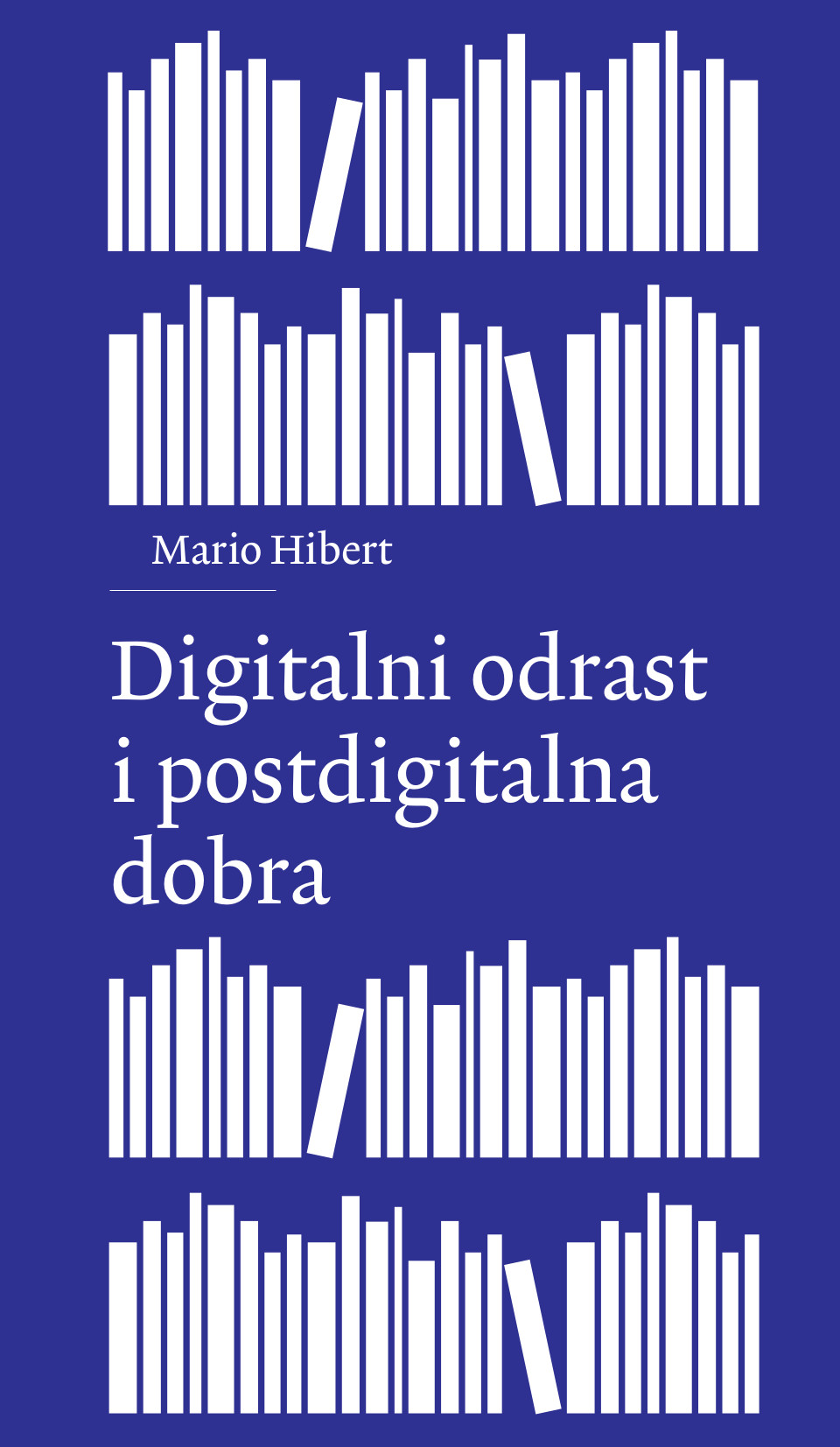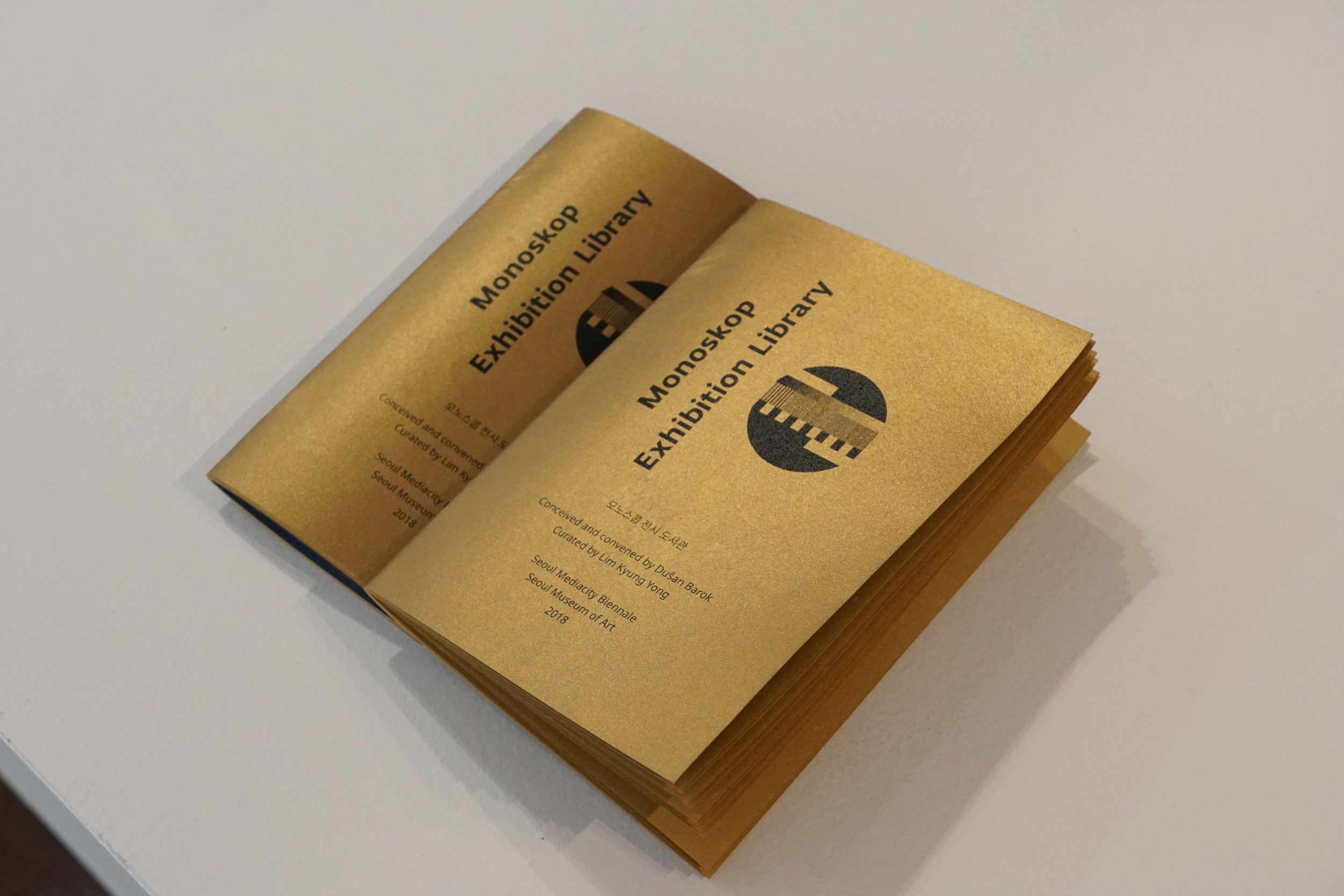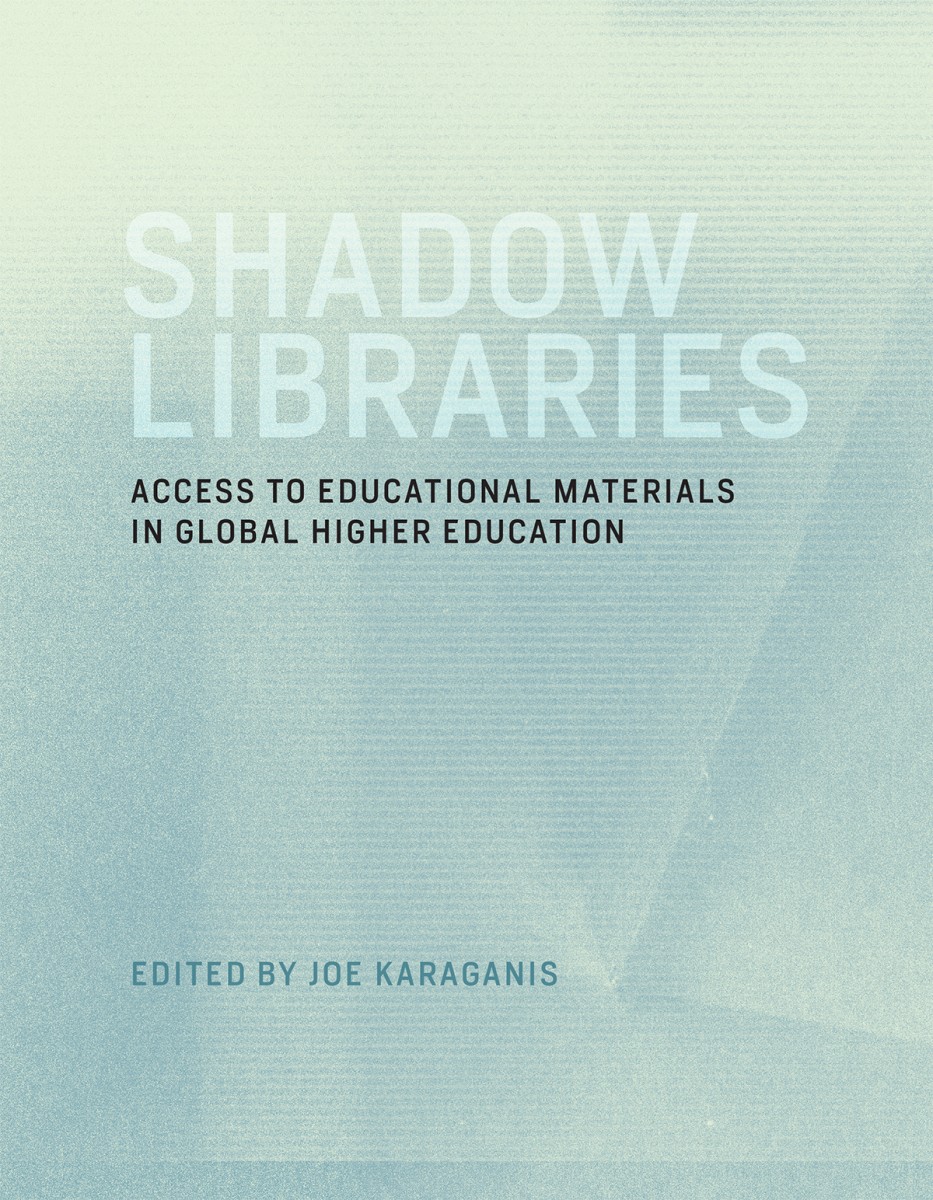Mario Hibert: Digitalni odrast i postdigitalna dobra: kritičko bibliotekarstvo, disruptivni mediji i taktičko obrazovanje (2018) [Croatian]
Filed under book | Tags: · commons, data, degrowth, library, media literacy, postdigital, shadow library, tactical media, theory

“Knjiga tematizira ideje kritičkog bibliotekarstva, specifičan oblik profesionalne kulture zasnovan na konceptu društvene odgovornosti. Propitivanjem kredibiliteta javne misije bibliotekarstva u umreženom društvu podcrtana je važnost kritičke medijske pismenosti posebice kritičkih studija Interneta. Poseban akcenat je stavljen na aspekte informacijske i komunikacijske komodifikacije, artikulaciju epistemoloških i političkih prijepora podatkovnog društva (datafied society) kao i upravljanje digitalnim zajedničkim dobrom koje u svjetlu teorije odrasta (degrowth) bibliotekarstvu nudi konstruktivni imaginarij za socijalnu reorganizaciju tehnologije. ”
Publisher Multimedia Institute & Institut za političku ekologiju, Zagreb, September 2018
Basic series
Anti-copyright
ISBN 9789537372484, 9789535893868
152 pages
PDF (updated on 2018-12-10 to a newer version with minor changes)
Comment (0)Monoskop Exhibition Library (2018) [English/Korean]
Filed under catalogue | Tags: · art documentation, artists book, catalogue, library, monoskop, video art

The Exhibition Library reimagines the medium of art exhibition as well as that of art catalogue. Catalogues carry exhibitions through time and space, figuring as tropes for imagining arrangements and the course of works and settings they describe. However, they rarely give us a clue about what really happened, since they are often made before the show opens. Rather than documenting it, they often stand on their own, almost as if another work on display, truly as an artistic medium on its own. For this work, artists, designers, curators, poets and collectives created thirty catalogues of imaginary exhibitions. Exploring both the potential and impossible in art, the resulting exhibition library also serves as a “library of exhibitions.”
With works by the Archive of the Museum of American Art-Berlin, Joana Chicau, Vuk Ćosić, Annet Dekker, Leslie Drost-Robbins, Espen Sommer Eide, Kenneth Goldsmith, Sarah Hamerman and Sam Hart, Seewon Hyun, Václav Janoščík and Eva Skopalová, Geraldine Juárez, Josefina Björk and Bhavisha Panchia, Mara Karagianni and John Colenbrander, Richard Kitta and Michal Murin, Jungmin Lee, Signe Lidén, Silvio Lorusso and Sebastian Schmieg, Ilan Manouach, Darija Medić, Multimedia Institute Zagreb (Tomislav Medak, Marcell Mars, et al.), Michal Murin, Possible Bodies (Femke Snelting and Jara Rocha), Purple Noise, Jürgen Rendl, Danny Snelson, Supermuch, Technopolitics Working Group (John Barker, Sylvia Eckermann, Doron Goldfarb, Armin Medosch, Gerald Nestler, Felix Stalder, Axel Stockburger, Matthias Tarasiewicz, Thomas Thaler, Ina Zwerger, et al.), Charles Turner, Takuma Uematsu, Yuki Hayashi, Tadashi Kobayashi and Tetsuya Goto, Marina Valle Noronha, and Amy Suo Wu.
Presented as part of Seoul Mediacity Biennale, Seoul Museum of Art, Korea, 5 September – 18 November 2018.
Edited by Dušan Barok
Publisher Monoskop, Amsterdam, with The Book Society, Seoul, 2018
47 pages
HTML (includes PDFs of several contributed works)
PDF
Internet Archive
Humanities Commons
ARG
Issuu
Scribd
Joe Karaganis (ed.): Shadow Libraries: Access to Knowledge in Global Higher Education (2018)
Filed under book | Tags: · copyright, digital library, knowledge, library, open access, piracy, publishing, shadow library

“Examining the new ecosystems of access that are emerging in middle- and low-income countries as opportunities for higher education expand but funding for materials shrinks.
Even as middle- and low-income countries expand their higher education systems, their governments are retreating from responsibility for funding and managing this expansion. The public provision of educational materials in these contexts is rare; instead, libraries, faculty, and students are on their own to get what they need. Shadow Libraries explores the new ecosystem of access, charting the flow of educational and research materials from authors to publishers to libraries to students, and from comparatively rich universities to poorer ones. In countries from Russia to Brazil, the weakness of formal models of access was countered by the growth of informal ones. By the early 2000s, the principal form of access to materials was informal copying and sharing. Since then, such unauthorized archives as Libgen, Gigapedia, and Sci-Hub have become global “shadow libraries,” with massive aggregations of downloadable scholarly materials.
The chapters consider experiments with access in a range of middle- and low-income countries, describing, among other things, the Russian samizdat tradition and the connection of illicit copying to resistance to oppression; BiblioFyL, an online archive built by students at the University of Buenos Aires; education policy and the daily practices of students in post-Apartheid South Africa; the politics of access in India; and copy culture in Brazil.”
Contributors: Balázs Bodó, Laura Czerniewicz, Miroslaw Filiciak, Mariana Fossatti, Jorge Gemetto, Eve Gray, Evelin Heidel, Joe Karaganis, Lawrence Liang, Pedro Mizukami, Jhessica Reia, Alek Tarkowski
Publisher MIT Press, Cambridge/MA; International Development Research Centre, Ottawa; and The American Assembly at Columbia University, New York, 2018
Creative Commons Attribution-NonCommercial 4.0 International License
ISBN 9780262535014, 0262535017
313 pages
PDF, PDF (8 MB)
EPUB (added on 2018-5-31)
HTML (added on 2018-9-23)
See also Media Piracy in Emerging Economies, 2011.
Comment (0)
